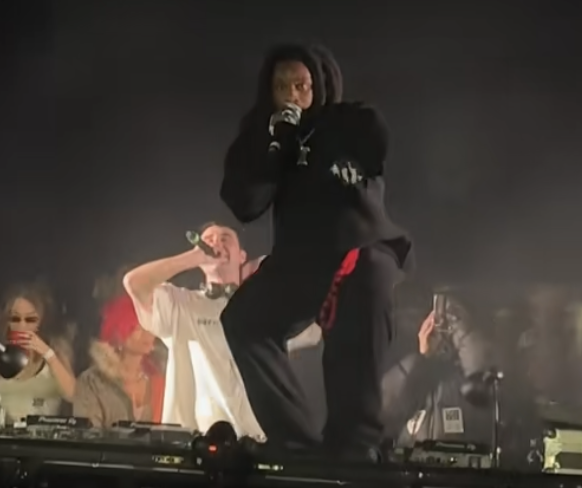After a flood of controversy last year surrounding a standard deportation clause included in its artist contracts, South By Southwest has updated that contract for 2018, removing the language that sparked boycotts during the 2017 edition of the festival.
The original language from the previous contract read as follows (bolding ours):
If SXSW determines, in its sole discretion, that Artist or its representatives have acted in ways that adversely impacts the viability of Artist’s official SXSW showcase, the following actions are available to SXSW:
2.1. Artist will be removed from their official SXSW showcase and, at SXSW’s sole discretion, replaced.
2.2. Any hotels booked via SXSW Housing will be canceled.
2.3. Artist’s credentials will be canceled.
2.4. SXSW will notify the appropriate U.S. immigration authorities of the above actions.
The amended language, per Pitchfork, now reads like this:
An Artist seeking to enter the United States to perform at SXSW is solely responsible for obtaining any applicable visa(s) and complying with all pertinent immigration rules. To secure Artist’s spot in SXSW Music, Artist agrees to notify SXSW about how Artist intends to enter the U.S. (what type of visa or if using the Visa Waiver Program) by February 5, 2018.
Days into the controversy last year, SXSW released a statement stating they would drop the clause in 2018. Though the contract language had not previously garnered any attention in SXSW’s history, it became a specific point of contention during the first SXSW after the election of Donald Trump. As a result, many artists signed an open letter decrying the clause, including Priests, Ted Leo, Sheer Mag, Hari Kondabolu, Immortal Technique,Girlpool, and Anti-Flag.
In response, SXSW managing director Roland Swenson argued that the same language has been in the festival’s artist contracts for years, and existed in the event that an artist “did something really horrific, like disobey rules about pyrotechnics, starting a brawl, or if they killed somebody.” In a statement to SPIN, Swenson stated, “We understand that given the current political climate surrounding immigration, the language that was published seems strong.”
This article originally appeared on Spin.






